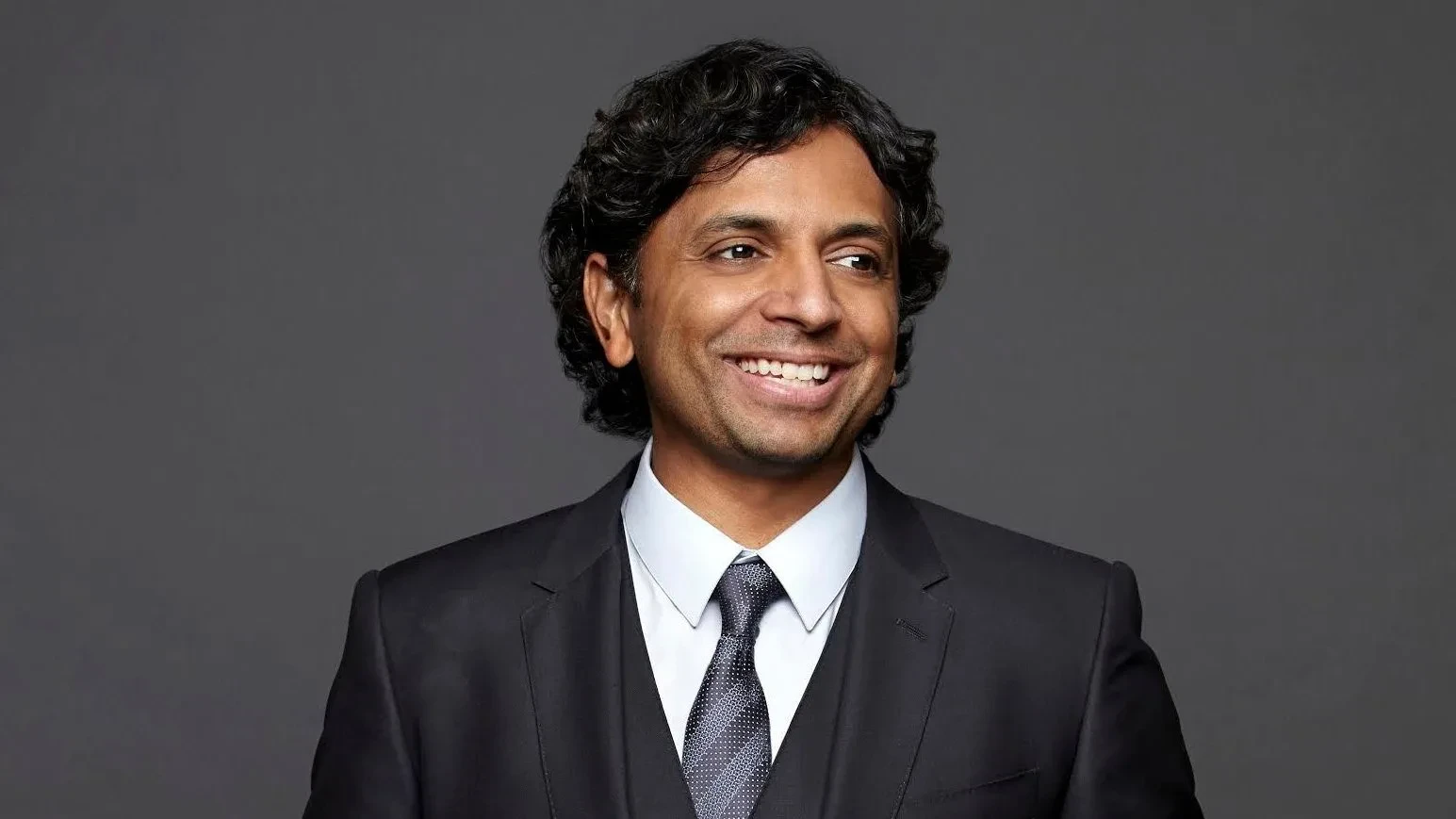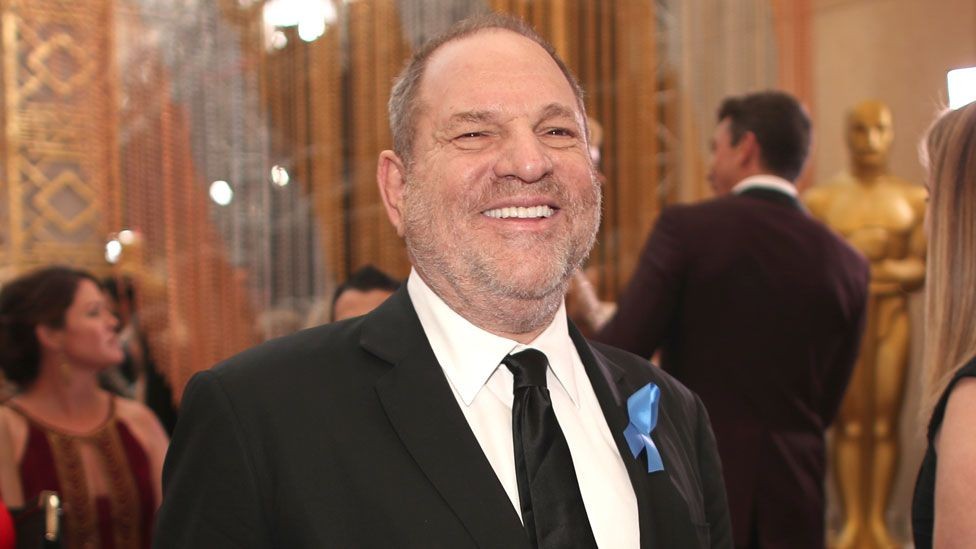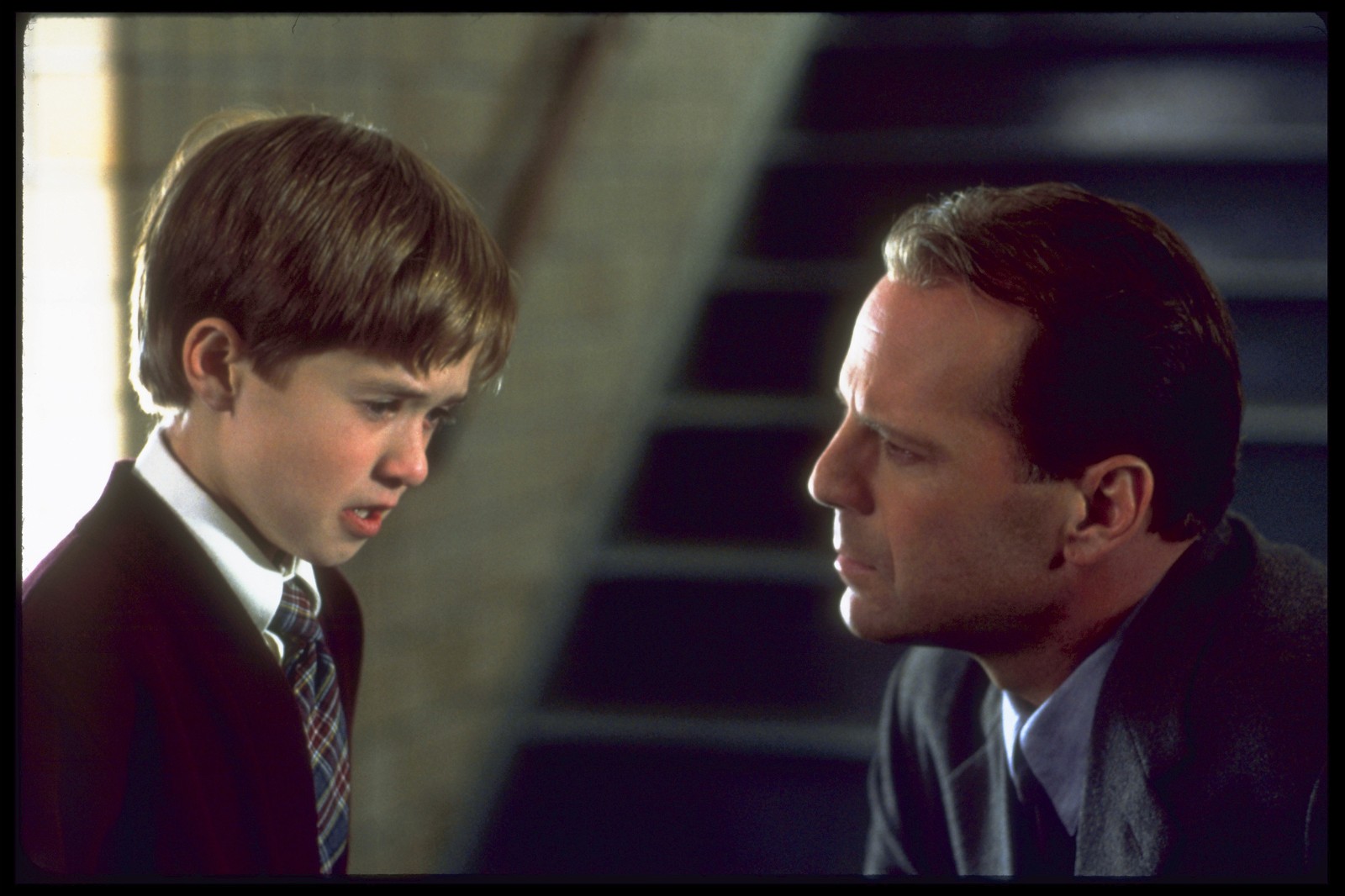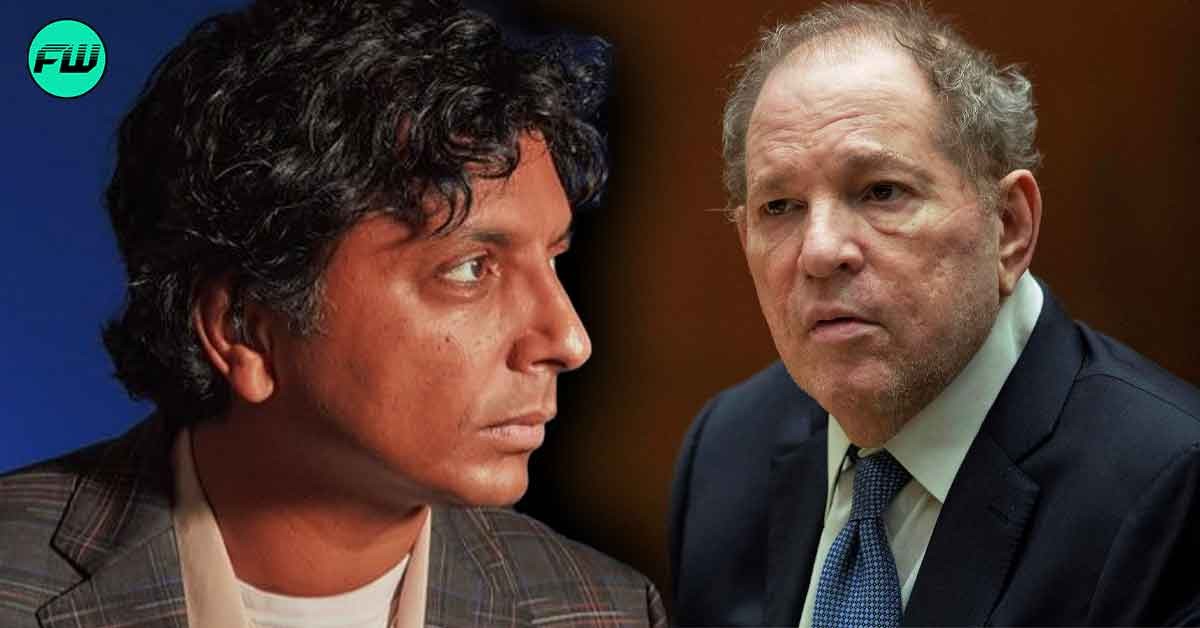M. Night Shyamalan, the writer-director behind some of the most iconic suspense films of the last two decades, has opened up about his early days in the film industry and the role that Harvey Weinstein, the former film producer, played in shaping his career. In a recent interview with The Hollywood Reporter, Shyamalan shared his experiences working with Weinstein and the former Miramax boss’s impact on his life and career.
A Trial By Fire

Shyamalan got his start in Hollywood after the success of his 1992 film Praying With Angels. He was soon scooped up by Miramax, then run by Harvey Weinstein, and went on to direct Wide Awake for the studio. However, working with Weinstein proved to be a challenging and traumatic experience for Shyamalan, who described it as a “personal hell.”
“I started so young in trying to make movies and failing, but they were reps. I made ‘Wide Awake’ for Miramax and Harvey Weinstein. I went through my own personal hell being there, but it was trial by fire.
According to M. Night Shyamalan, he didn’t realize it then, but he started his career with the “biggest monster” in the industry.:
“I didn’t realize it at the time, but I started my career with the biggest monster that ever was. I was in that room with him all the time while he would say crazy things, but it built me up because I’m a softie.”
Despite the difficulties he faced while working with Weinstein, Shyamalan credits the former producer for helping him develop the resilience and determination he would later need to navigate Hollywood’s competitive and often cutthroat world.
Suggested Article: After James Gunn Announces Booster Gold Series, Fans Demand The Boys Star Chace Crawford as Michael Carter: ‘He can play the character as both pathetic and serious enough’
Once A Soft Kid, Now A Warrior

Shyamalan further explained that Weinstein created a warrior mentality in him, who was previously a “soft kid” from a “sweet, loving family.”:
“I love to play a lot of basketball, but if I get elbowed, I become a different person. And Harvey, clearly, would elbow you, so that created a warrior mentality in this soft kid from a sweet, loving family.”
For Shyamalan, working with Weinstein was a test of his resilience and toughness and a turning point in his career. Despite wanting to leave the studio, he was initially unable to due to the terms of his contract. However, a contractual loophole eventually presented itself, and Shyamalan could sell his scripts elsewhere. This allowed him to reinvent himself as a writer, and he went on to pen one of the most iconic and genre-defining films of all time, “The Sixth Sense.”

Shyamalan further recounts his experience. According to his representatives, Miramax owned his directing rights and could not direct elsewhere due to the tough contracts they had in place at the time. However, there was a mistake in the legal department, and they did not own the rights to his writing.
“My reps said, ‘Miramax owns your directing. You can’t direct anywhere else.’ In those days, contracts were crazy, and Miramax had some really tough contracts. But by some freak chance, they didn’t own my writing. It was an error by their legal department,”
The filmmaker took this as an opportunity to “write the best screenplay” to break free from the restrictions placed on him. He was inspired by the posters of films like ‘Jaws,’ and ‘The Exorcist,’ that adorned his wall and set out to write a genre and suspense piece for the first time in his career. The experience was exhilarating and full of “unlimited ideas.”
“So I said, ‘I’ll write the best screenplay ever and try to get out of here.’ So I sat down and looked at the ‘Jaws,’ ‘Alien,’ ‘The Exorcist,’ and ‘Poltergeist’ posters on my wall and said, ‘I’ll just write one of those. I love those.’ So I went into genre and suspense for the very first time, and everything just clicked. I was having so much fun. I had unlimited ideas.”
The Indian-American filmmaker finally realizes the importance of conforming to the system to succeed in the industry. However, he later learned that his unique style and approach to storytelling were not well-suited for the typical Hollywood formula. He acknowledges that although he had the opportunity to work within the system, many others excel in this storytelling style more than he does.
Source: The Hollywood Reporter

